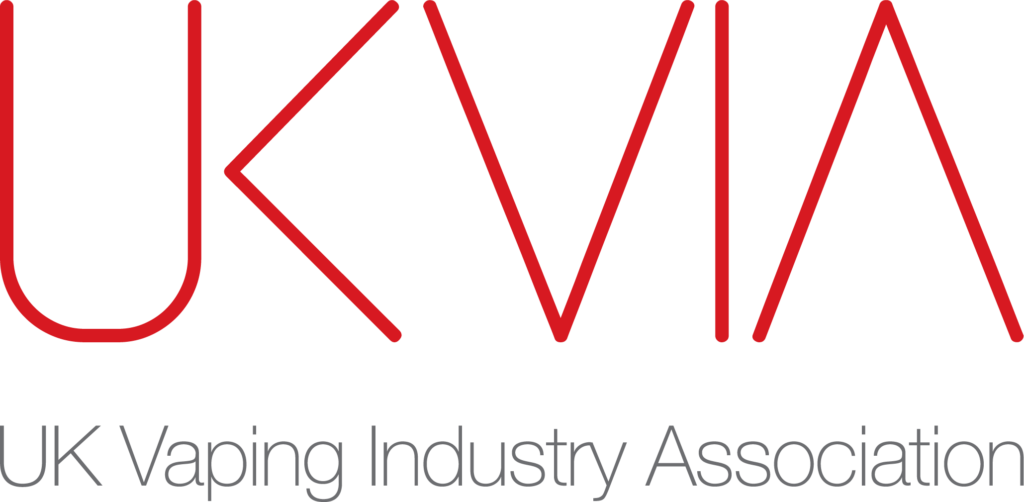 This month Jeannie Cameron, Managing Director of JCIC International, tells us how she got involved in the vaping industry and why she so strongly believes in it.
This month Jeannie Cameron, Managing Director of JCIC International, tells us how she got involved in the vaping industry and why she so strongly believes in it.
What is your background in tobacco harm reduction?
Back in 2006 I was doing a Master’s in Law at Kings College London focused on international law, treaty law and trade law, and I needed to find a topic for my dissertation. I settled on Emerging International Public Health Issues – Human Rights, Harm Reduction, and the Framework Convention on Tobacco Control (FCTC) because I’d just spent the previous five years working for BAT advising on the business impact of the FCTC. I think the fact that I’d listened to three years of treaty negotiations in Geneva and harm reduction was discussed and included in the treaty text was significant and, in those days, there were no e-cigarettes or heated tobacco products – the only alternative product was Swedish snus. But I could see that harm reduction was going to emerge as an issue and I decided to write about it and talk about it in the FCTC context – and then of course innovation enabled it.
Can you tell us what convinced you that vaping was a good tool for smoking cessation?
I think the thing that clinched it for me was when I was hearing from COPD doctors that people who had been required to stop smoking before they could have their surgery, and had used vaping to achieve it, did not even need to have surgery at all as the COPD had gone after giving up smoking and vaping instead.
Why are you an advocate of vaping?
I grew up with smokers all around me, both my parents smoked, and my grandfather died of emphysema. My two younger brothers smoke heavily, although one died a few years ago, and one continues to because he lives in Australia where vaping is effectively banned. I can see that vaping works and people can stop smoking. If this is possible and innovation has enabled a product that can eliminate harm, then government regulations should not make it so hard and should do more to encourage it. I’m an advocate of vaping as this message is not getting through in all parts of the world. More people have died of smoking in a year than of COVID and yet there is a huge ignorance of what can be done to eliminate smoking in terms of education and communication. I’m an advocate of safer nicotine delivery and that includes vaping.
What one thing would you like to see changed?
The mindset around nicotine. Nicotine scientific research needs to be accepted. The chemical itself has so many benefits which I keep reading about and I find fascinating at a personal level. It is biphasic which means that it can calm or stimulate depending on need. The terpenes it has have so much potential. There must be a reason why so many schizophrenic people find nicotine so therapeutic or why a third of global population have through history used nicotine.
What could the industry do better in your opinion?
This is the nicotine industry – it is not the tobacco industry or the vaping industry. In the same way we say the alcohol industry and not the spirits or wine industry, it’s the sugar industry, or the energy industry rather than the various derivatives. If you look at the energy industry also in transition from oil and gas to wind and electric, they have healthy competition but stand strongly together on important regulatory issues such as they did at COP26. Yet in the nicotine industry we seek to throw each other under the bus at every opportunity especially against the former tobacco companies. I think the nicotine industry needs to stand together a bit more and stand up collectively for the benefits of nicotine and the various nicotine products that do not include smoke delivery including open and closed system vaping, heated tobacco products, snus, and pouches – let consumers decide what they prefer. Nicotine patches made by the pharmaceutical industry are also part of the nicotine industry although they don’t stand together but they should.
Tell us about JCIC International
I started JCIC International in 2011 after I resigned from BAT the same year. I felt I could do more working outside of the strictures of a corporate environment and that is exactly what transpired. I felt the same recently in leaving Juul Labs which I did for 18 months as VP International Regulation to return to heading JCIC. JCIC International works primarily in the areas of tobacco harm reduction and regulation, as well as in track and trace and supply chain security. Both these areas are rooted in the FCTC and the FCTC Protocol on Illicit Trade. The company has worked with industry on these issues as well as administrations with IMF requirements to collect more excise tax; with the OECD on high levels risks; on public administration training programmes and strategic alliances including the establishment of the Foundation for a Smoke Free World. At present JCIC is working with PMI on its global transition away from cigarettes.
Why is it important for you to work with in partnership with the UKVIA?
The UKVIA is incredibly important as a means of keeping the industry up to date and aware of what is going on and as a place to network. It works so well as it has strong leadership and an efficient organisational structure and management. In over 25 years in this area, it is the best I have seen and why I wanted to be associated with it. It brings together some very experienced industry people and some very new entrepreneurs, as well as those from large corporates and those from small start-ups and everything in between, and this enables a lot of learning and support all around and I’m happy to throw my help into that ring. There is a strong sense of being on the one team in the UKVIA which I think is very much because of John’s leadership.
